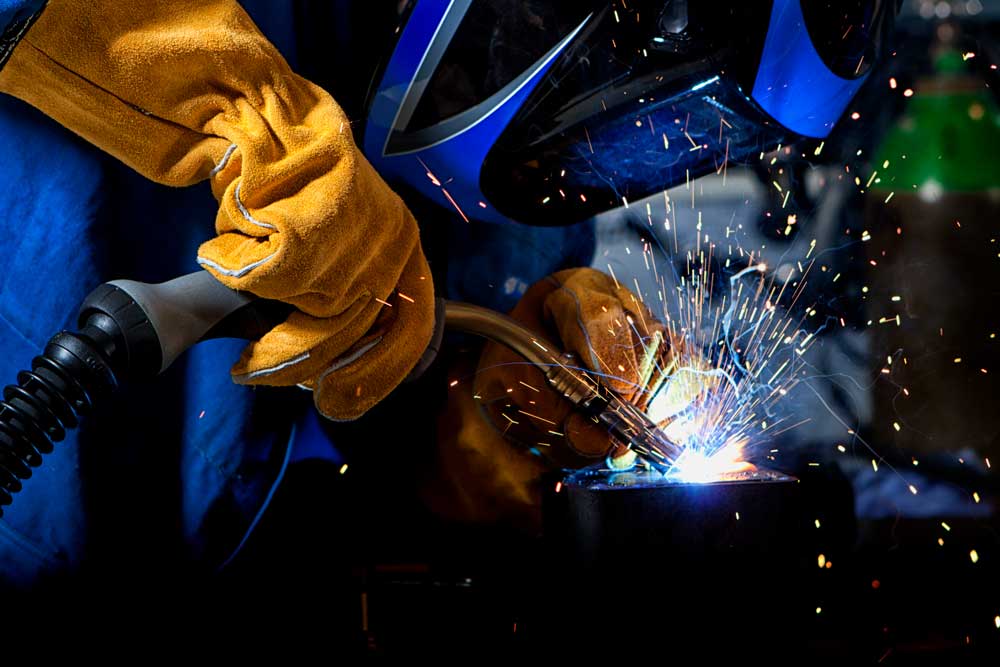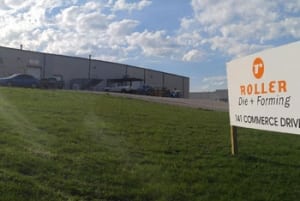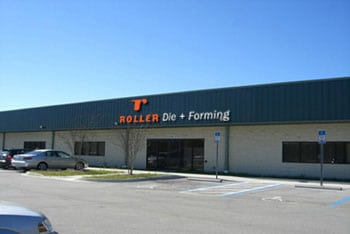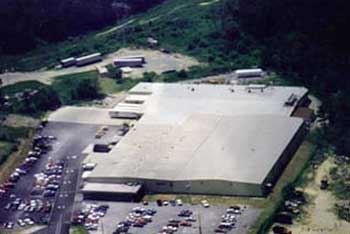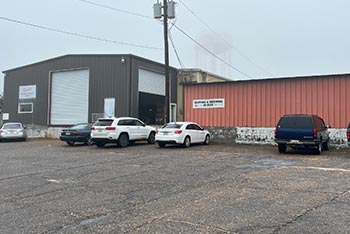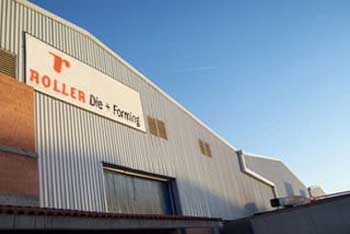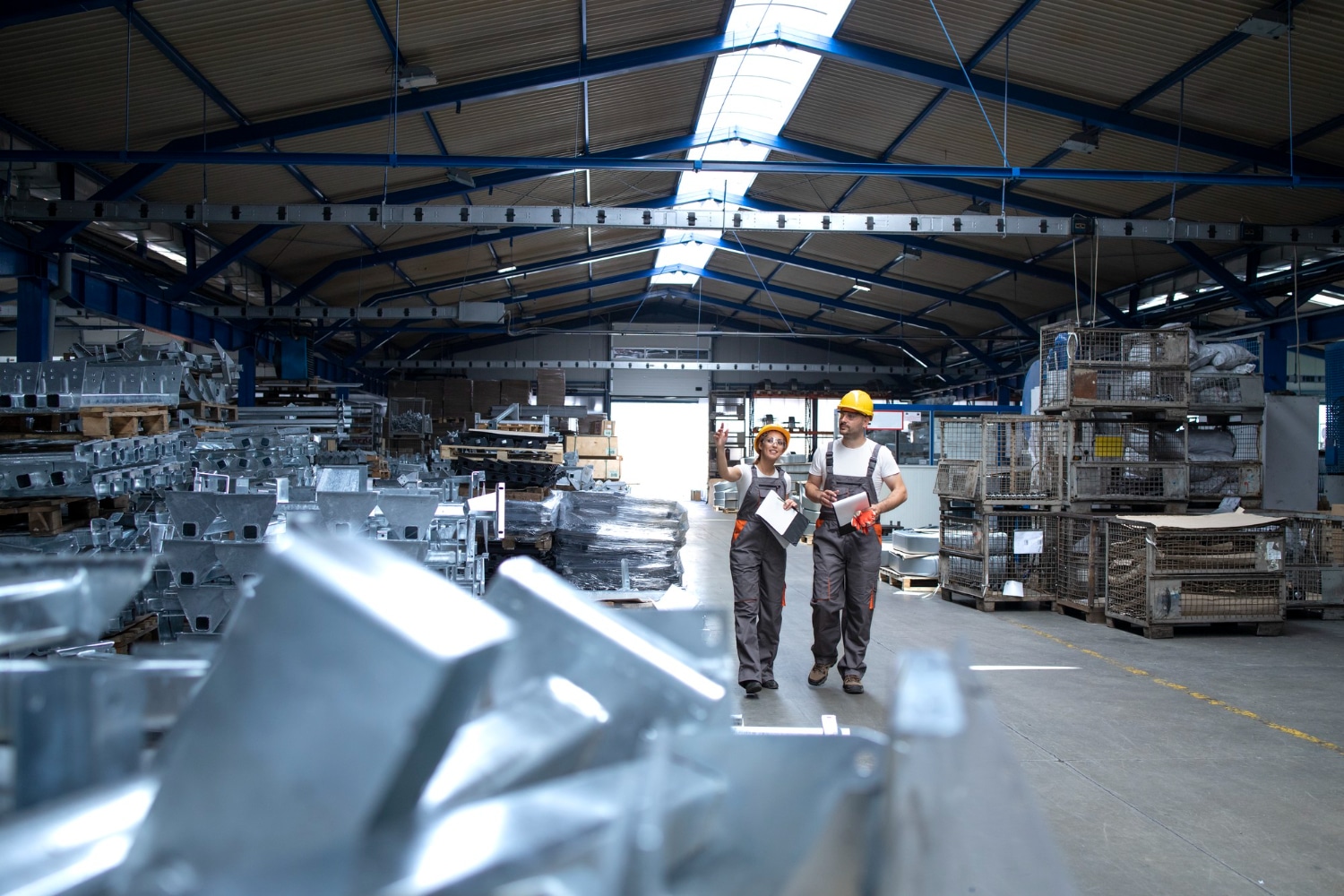The steel industry is going through a lot of changes and facing many challenges. From unpredictable steel prices to new environmental regulations, manufacturers have to adapt quickly. Keeping up with the demand for high-quality, customizable products while managing costs is a balancing act.
Understanding these challenges is the first step in overcoming them. By focusing on effective strategies and staying agile, manufacturers can navigate this evolving landscape and find new opportunities for success.
Market Volatility and Steel Prices
Market volatility greatly affects steel prices, making it tough for manufacturers to plan and budget. Price fluctuations are influenced by various factors, including global economic conditions, political instability, and supply-demand mismatches. This unpredictability can lead to financial strain for manufacturers who need to purchase raw materials at stable prices.
Monitoring market trends can help. Keeping an eye on global economic indicators and political events can provide early warnings of potential price shifts, allowing for proactive adjustments. With these strategies, manufacturers can better manage market volatility and maintain stable production costs.
Supply Chain Disruptions and Resiliency Strategies
Supply chain disruptions create significant challenges for steel manufacturers. Delays in receiving raw materials and issues in transportation can halt production lines. Natural disasters, geopolitical conflicts, and even pandemics can lead to these disruptions.
Localize or regionalize your supply chain. Less reliance on international shipping can reduce risks associated with global transportation. Keeping a buffer stock of essential materials also helps. This buffer acts as a cushion against delays and shortages. By implementing these strategies, manufacturers can maintain smoother operations even amid supply chain disruptions.
Innovations in Steel Manufacturing Technology
New technologies are transforming steel manufacturing. Innovations not only streamline production but also improve the quality of the final product. One significant advancement is automation. Automated systems can perform tasks more efficiently and more accurately than humans, reducing errors and increasing output.
Challenge 6: Demand for Customization and Flexibility
Customers now want customized steel products that fit their unique needs. This demand for customization adds complexity to the manufacturing process. Companies must be flexible to meet these needs while still operating efficiently.
Flexibility in production schedules is also important. Being able to switch between different product lines without long delays helps meet customer demands faster.
Solution 1: Building Strong Supplier Relationships
Strong supplier relationships are crucial for steel manufacturers. Reliable suppliers ensure a steady flow of high-quality raw materials, which keeps production running smoothly. Building trust with suppliers can lead to better terms and fewer disruptions in the supply chain.
Communication is key. Regular updates and clear communication about needs and expectations help everyone stay aligned. It’s a good idea to diversify your supplier base to avoid reliance on a single source. This way, if one supplier faces a problem, others can step in to fill the gap. Collaborative partnerships can also result in joint innovations and improvements in the supply chain.
Solution 2: Leveraging Data Analytics for Efficiency
Data analytics can transform steel manufacturing operations. By collecting and analyzing data from various stages of production, companies can identify areas for improvement. This leads to better decision-making and increased efficiency.
Predictive maintenance is one way to use data analytics. By monitoring equipment performance, companies can address potential issues before they become major problems. This reduces downtime and maintenance costs. Data analytics can also optimize inventory management by predicting demand and ensuring the right amount of materials are on hand. This prevents overstocking and shortages.
Solution 3: Implementing Sustainable Practices
Sustainability is becoming increasingly important in steel manufacturing. Eco-friendly practices can reduce costs and improve a company’s reputation. There are several ways to achieve this.
1. Energy Efficiency: Upgrading to energy-efficient machinery and lighting can significantly cut energy costs.
2. Waste Reduction: Implementing recycling programs and using scrap steel in production helps minimize waste.
3. Renewable Energy: Investing in solar, wind, or other renewable energy sources can lower long-term energy expenses.
4. Water Conservation: Using water more efficiently and treating wastewater can reduce environmental impact.
These steps contribute to a cleaner environment and can make operations more cost-effective.
Solution 4: Strategies for Future-Proofing the Steel Industry
Future-proofing the steel industry involves preparing for coming changes and challenges. One effective strategy is adopting new technologies. Investing in automation and advanced manufacturing techniques can improve efficiency and reduce costs.
Workforce development is also essential. Training programs can help employees acquire new skills to operate advanced machinery and adapt to changing market demands. Diversifying products and services can reduce dependency on any single market. This can help companies stay afloat during market fluctuations.
Sustainability efforts also play a role in future-proofing. Reducing waste, improving energy efficiency, and adopting renewable energy sources can make operations more resilient and less susceptible to regulatory changes.
Conclusion
The steel industry faces many challenges, but by building strong supplier relationships, leveraging data analytics, implementing sustainable practices, and future-proofing operations, companies can thrive. These strategies help improve efficiency, reduce costs, and prepare for future challenges.
For more information on how to enhance your steel manufacturing processes, Roller Die + Forming offers valuable resources and expert roll forming services. Contact us today to discover how we can help you achieve your business goals.


